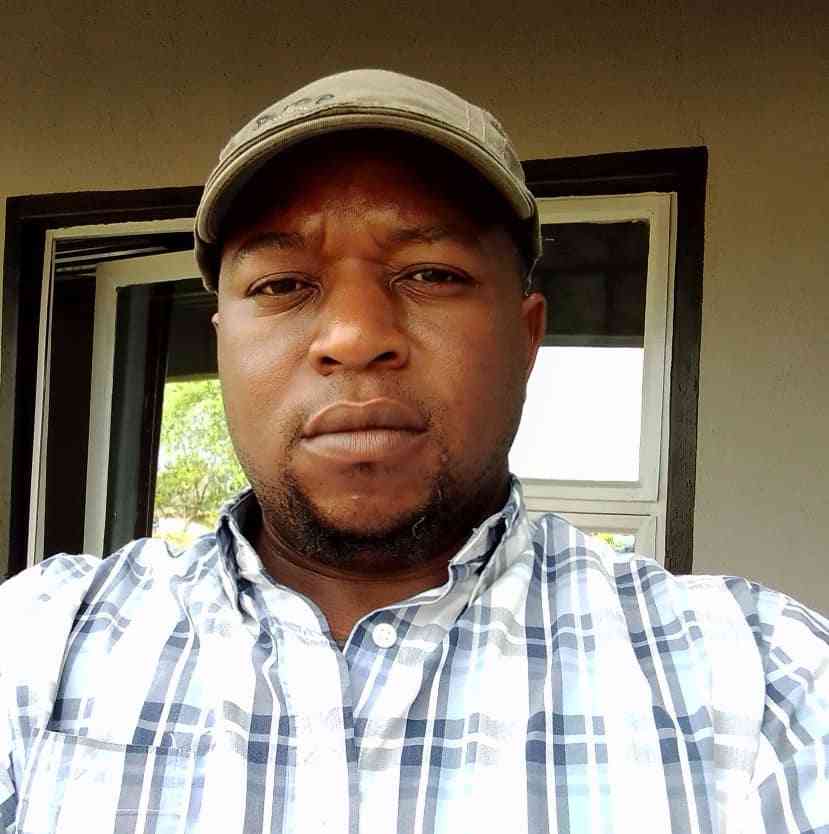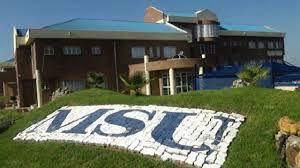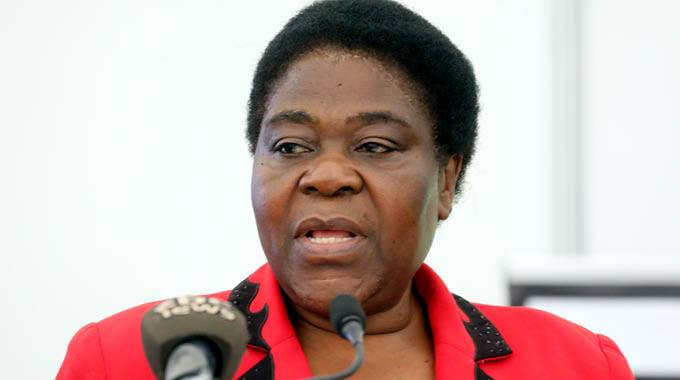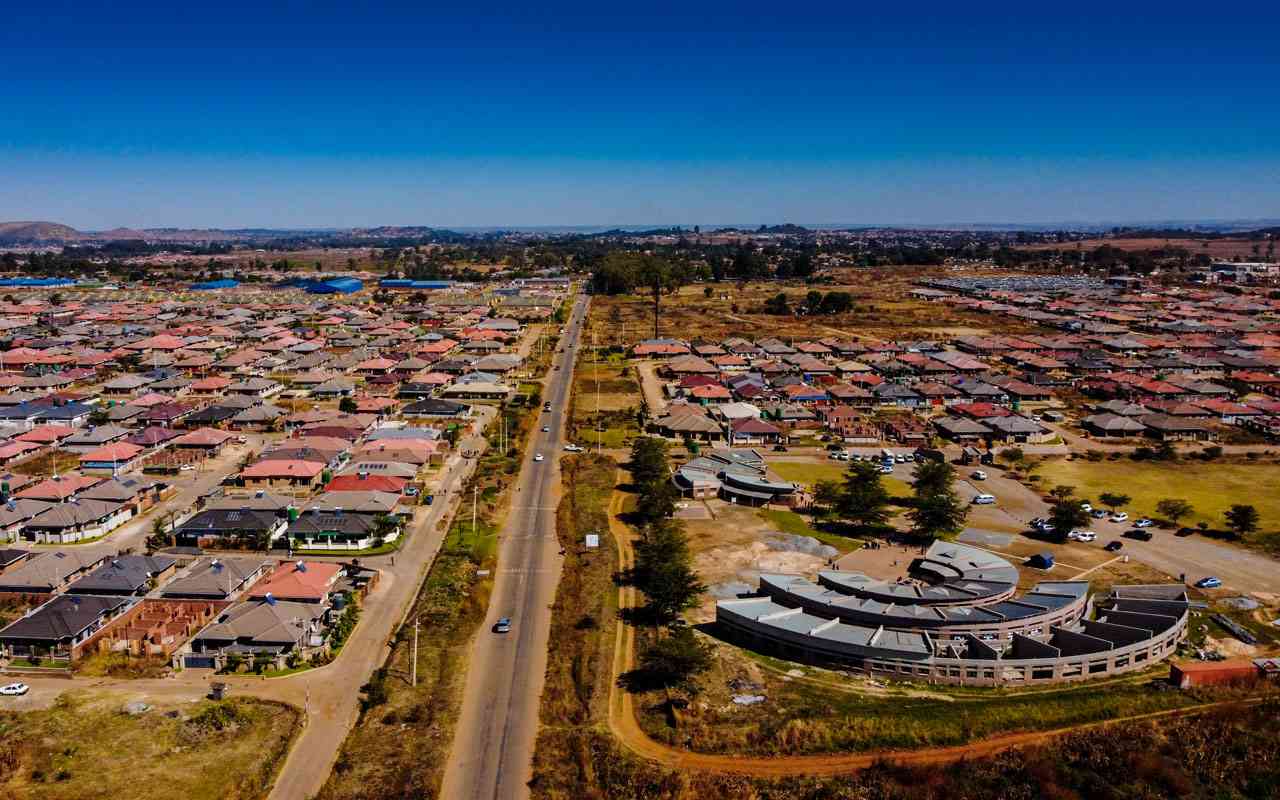BY MOSES MATENGA
HUMAN rights’ issues must not be politicised as they remain fundamental to people’s wellbeing, Netherlands ambassador to Zimbabwe Margret Verwijk has said.
Speaking during an event at her residence where the Dutch embassy in Harare awarded the human rights Tulip to the Zimbabwe Lawyers for Human Rights (ZLHR) and Musasa Project for human rights work, Verwijk said Zimbabwe was performing poorly on the human rights front and said the role human rights defenders play remained key.
“It’s worrying that the topic of human rights has become so politicized and at times during the political bickering you may even lose sight of the fact that human rights are fundamental to human wellbeing, to equality and the functioning of democracy,” she said.
“In the Zimbabwe we want, what do you expect?
“I expect tolerance; I expect diversity and today is a perfect chance to remind ourselves of the positive spirit and compassion that underpin the human rights movement.”
Keep Reading
- Chamisa under fire over US$120K donation
- Mavhunga puts DeMbare into Chibuku quarterfinals
- Pension funds bet on Cabora Bassa oilfields
- Councils defy govt fire tender directive
She said human rights defenders were operating in a difficult environment that included close state security surveillance hence the need for them to be protected.
“Currently, Zimbabwe is performing poorly on international human rights indices,” Verwijk.
“For example, Zimbabwe ranks 130 out of 180 countries in the World Press Freedom index.
“Civil society organisations, independent media and human rights defenders are operating in an ever more difficult environment, including being under close observation from state security services.
“Zimbabwe is witnessing the use of legal restrictions, bureaucratic obstructions, threats, intimidation and arrests against dissenting voices, HRDs and opposition actors.”
“We have also seen Covid-19 lockdowns being used as a tool to shrink civic and democratic space.
“And now new legal instruments such as the Private Voluntary Organisations Act and The Patriotic Bill are threatening to push back the gains that have been made.”
In awarding the ZLHR, the envoy said the organisation was serving over 1500 human rights defenders every year and was one of the most visible human rights organizations in Zimbabwe.
“Without you (ZLHR and Musasa Project) Zimbabwe would be much further away from achieving the critical goal of universal human rights,” she said.





